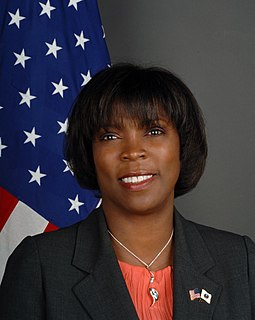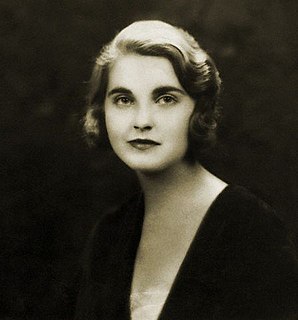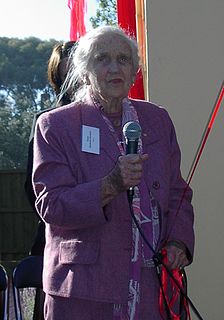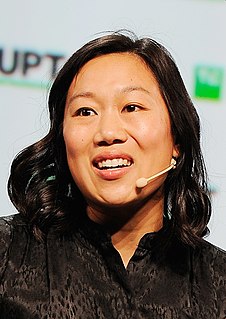A Quote by Melinda Gates
In the developing world, it's about time that women are on the agenda. For instance, 80 percent of small-subsistence farmers in sub-Saharan Africa are women, and yet all the programs in the past were predominantly focused on men.
Related Quotes
A decade ago, critics suggested biotech crops would not be valuable in the developing world. Now 90 percent of farmers who benefit are resource-poor farmers in developing countries. These helped alleviate 7.7 million subsistence farmers in China, India, South Africa, the Philippines from abject poverty.
In the 2013 Economists Program, we hired 51 percent women, 49 percent men. And the reason for that is that we have a draft from all over the world, and we've hired, for instance, in that group, a good number of Chinese economists - highly qualified, all Ph.D.s from the best universities of the world. And guess what? They're all women.
The majority of small-holder farmers in Africa are women and, in urban areas, you're primarily looking at women-led households. So we can't solve hunger if we don't have gender-sensitive programming that addresses access to opportunities for women, whether it's through education or tools for cooking, like solar-powered stoves.
Right after undergrad, I started doing low-level work on health issues in sub-Saharan Africa, and what struck me was the disconnect between how people in New York would speak about some of the issues people were facing. At the time, 2006-ish, there were a number of big media campaigns to raise awareness about HIV in sub-Saharan Africa.
Since the 1950s (until the early 1990s), girls in Kabul and other cities attended schools. Half of university students were women, and women made up 40 percent of Afghanistan’s doctors, 70 percent of its teachers and 30 percent of its civil servants. A small number of women even held important political posts as members of Parliament and judges. Most women did not wear the burqa.
Mobile phone technology can help to bring financial services to the 80 percent of African women who do not have a bank account and bolster the growth of the world's poorest continent. It's not just about empowering women, it's about economic growth. Unless we can make access to finance easier for women in their businesses, we will be missing out on a significant portion of growth within our economies
Back in the days when men were hunters and chest beaters and women spent their whole lives worrying about pregnancy or dying in childbirth, they often had to be taken against their will. Men complained that women were cold, unresponsive, frigid... They wanted their women wanton. They wanted their women wild. Now women were finally learning to be wanton and wild - and what happened? The men wilted.
Young women don't want to be called feminists because it's not sexy and ah they think that their mothers and grandmothers have achieved everything they want. They don't know how poor women live, how women in rural places live, how 80 percent of women in the world are the poorest of the poor, how still there are 27 million slaves, and most of them women and girls.
Women spend 30 percent more time doing household chores. No surprise. But women also spend more time volunteering in their community. And if you add up all of the hours of non-leisure time, women are working more than men. So I thought that was very interesting, and I was surprised about the voluntarism piece, but when you think about it, it makes sense.
Women will tell you, 80 percent of the time - if you listen - what is wrong with them. And what frustrates me, as a physician who takes care of a lot of women with autoimmune diseases, is that women have to request and find a physician... who will actually take their complaints seriously and investigate.
































